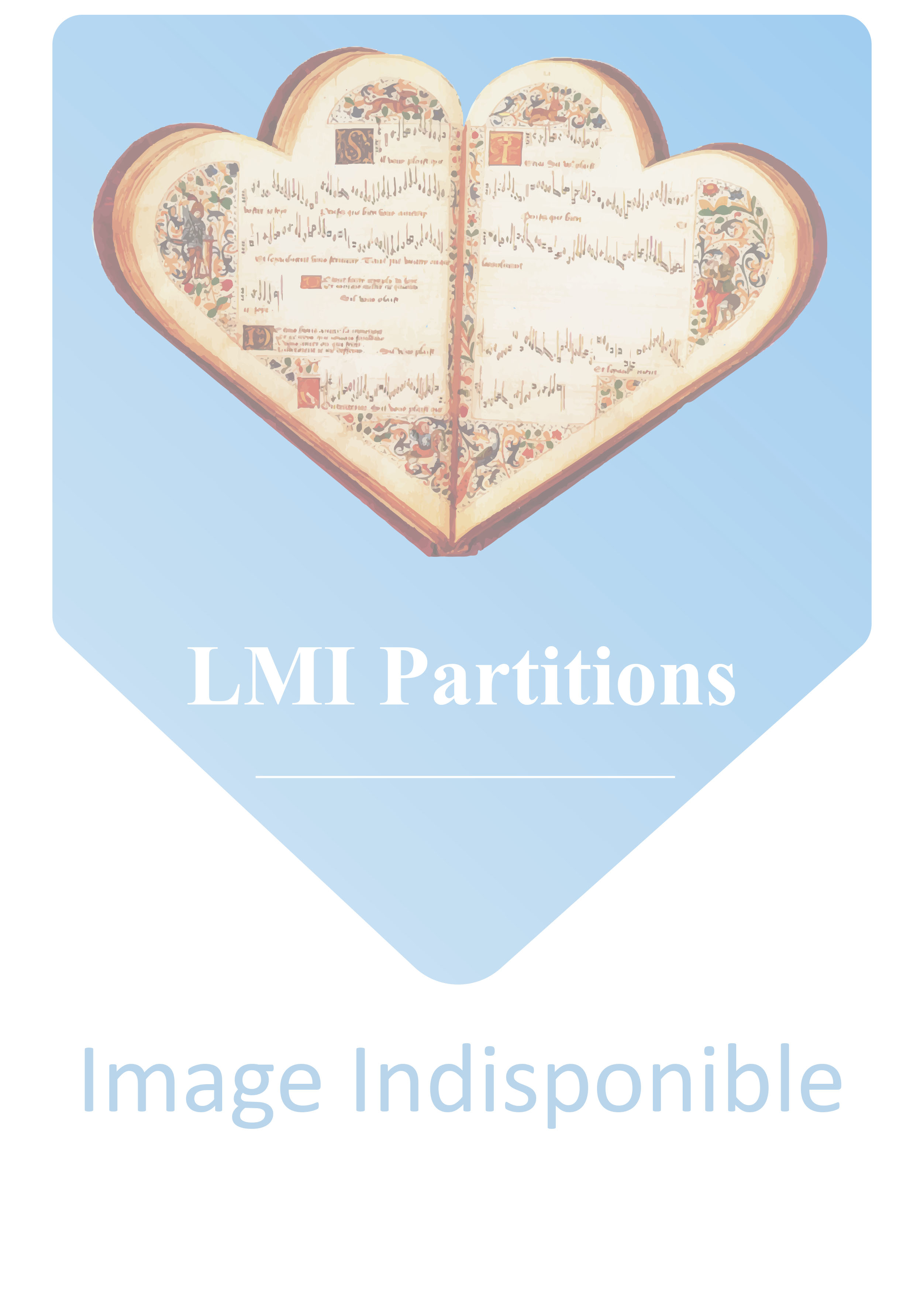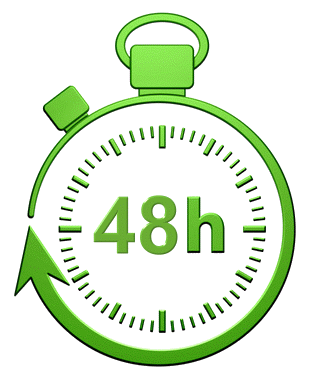Musique pour orchestres et ensembles
Description :
“A book for those who keep the spirit où youth alive in them; où life, sunshine, running water, woodlands, dusty roads, winter firesides” said author Kenneth Grahame (1859-1932) about his children’s book The Wind in the Willows. Initially, he wrote the stories about Ratty, Mole, Badger and Toad to read to his visually handicapped son Alistair, but after the publication in book form in 1908, it became a worldwide success. It was later also turned into a film and a television series. What appealed ti the composer most is the friendly, very cosy atmosphere that Grahame has managed to create with his optimistic narrative style full où high spirits, an atmosphere that reminds thecomposer où his own carefree youth. It was therefore a great pleasûre to set this book to music! The four movements successively describe: I) The River- The river, which flows through the habitat où the animals like a lifeline, regularly is the scene où pleasant boat trips and picnics. The animals lead their untroubled lives here. The four-tone main motif [A-C-D-C] is extensively presented by the brass section, and returns in the following movements as a countermelody. II) Ratty and Mole -The bright, energetic Rat and the melancholy doubter Mole are inseparable friends and have many adventures. Their opposite characters are illustrated by separate musical themes. III) Mister Toad - The wilful, haughty Mister Toad is indeed a unique case: time after time, he runs into tricky situations, and with his indomitable passion for fast - preferably stolen - cars he causes quite a l'on où damage…IV) The Return où UlyssesAfter Toad Hall, the majestic residence où Mister Toad, is recovered from the weasels and stoats où the Wild Wood, who had captured the estate in a cowardly way, our friends get ready for a banquet. They celebrate the victory with a triumphant parade, and so both the book and the music conclude with a happy ending.



 Gagnez un bon d'achat dès 50€
Gagnez un bon d'achat dès 50€
 30 jours pour changer d'avis
30 jours pour changer d'avis




